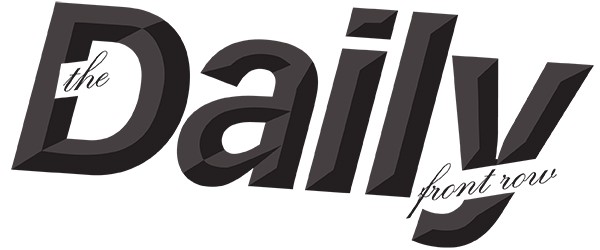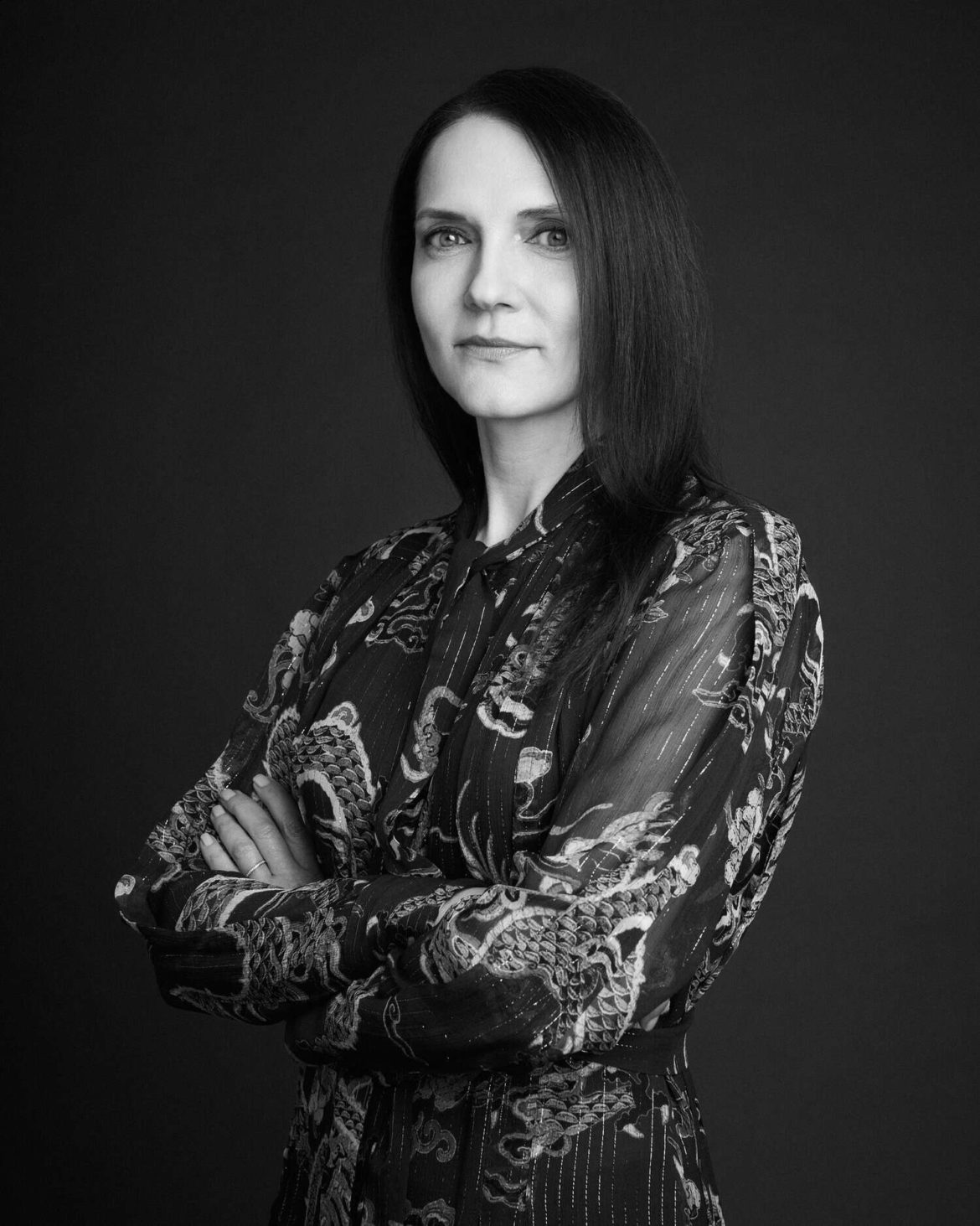As we step into 2024, the ascent of artificial intelligence continues to capture global attention, bringing with it a wave of concerns across various industries. In this landscape of rapid technological evolution, apprehensions loom about the potential displacement of human roles by AI, stirring debates and raising pivotal questions about the future of work.
Nowhere is this tension more palpable than in the fashion industry, a realm traditionally reliant on the human touch, from designers, hair and make-up to the captivating presence of fashion models. The industry, celebrated for its artistry and human-centric appeal, is being challenged by this emerging technology. As AI is stepping into the spotlight, it is positioned to disrupt the status quo of the industry’s narrative.
In this era of rapid technological advancement and cultural shifts, we sought insights from The Lions Management, the agency known for its innovative and comprehensive approach in the fashion talent management industry. In our conversation with Julia Kisla Taylor, the CEO of The Lions, we aim to explore how their foundational vision shapes their response to the changing landscape of fashion talent management.
Interviewer: “Tell us about the Founding Vision of The Lions.”
Julia Kisla Taylor: “The inception of The Lions was fueled by a desire to celebrate the uniqueness and individuality of each model, addressing the industry’s need for greater diversity and representation. Over time, this vision has evolved to not only champion individuality but also to embrace a holistic approach towards talent management, integrating social responsibility and sustainable practices, including well-being, personal growth, ethical engagements, safeguarding our talent’s rights, and ensuring a safe and respectful environment that honors their dignity and voices.”
I: “Interesting, and how does that play into what is unique about The Lions’ approach to Talent Management?”
JKT: “At The Lions, our focus has always been on a personalized approach and commitment to building personal brands that reflect the individuality of each of our talents. We’ve chosen to preserve our boutique essence in talent management, directing our growth strategy towards services like branding, PR, and creative solutions for brands and extending our reach beyond the traditional boundaries of the fashion industry. Our strategy is about ensuring sustained, long-term career growth to set our talents apart in an industry often fixated on immediate short-term success. The ultimate goal is to create bespoke career paths for each talent, recognizing that every journey is as unique as the person behind it. Our focus is not just on being at the forefront of the industry; it’s about thoughtfully redefining the standards of talent management in fashion.”
As an agency, The Lions broke the mold in the fashion industry, focusing on inspiring stories and personalities instead of just body measurements. They empowered their models to speak out, challenging an industry known for silencing voices and favoring anonymous beauty. Their approach has significantly influenced the career paths of many in the fashion world. Valentina Sampaio, for instance, made history as the first transgender model in the Sports Illustrated Swimsuit issue, symbolizing a breakthrough in industry inclusivity. The Lions skillfully orchestrated Valentina Sampaio’s ascent in the fashion industry, securing her Victoria’s Secret ambassadorship and making her the face of Armani Beauty. This strategic move not only highlighted Valentina’s extraordinary talent but also showcased The Lions’ exceptional capability in elevating their models to prominent positions within the fashion world.
Under The Lions’ management, the fashion world saw Irina Shayk’s evolution into a renowned fashion icon, and Slick Woods’ remarkable transition from homelessness to a celebrated figure in high fashion. In 2023, The Lions expanded into representing celebrities beyond fashion models, signing Honey Dijon, a prominent DJ, and Jimmy Butler, an NBA star. Renowned models like Candice Swanepoel, Jasmine Tookes, and Kate Upton have switched their representation to The Lions for their focus on quality management and support for sustainable career growth.
I: “How do you plan to leverage emerging tech and innovation in 2024 and beyond?”
JKT: “Technologies are reshaping how fashion is designed, presented, and experienced. In our industry, very often discussions revolve around the risks and regulations intended to safeguard traditional practices. Yet, for models, technology has heralded a new era of opportunities. If we look back at the early days of Instagram, I recall there was a prevailing sentiment in the fashion industry to deter models from using the platform. The intent was to maintain their aura of mystery, the allure of being beautifully elusive. It appears somewhat quaint now, but there were instances when casting directors would express concern over our models’ online presence, urging us to advise them to step back to preserve their mystique. Today, no one denies the immense power of digital platforms that enabled models to take control of their narratives, shape their own brands, and forge more personal connections with their audience, fundamentally transforming their career trajectories. But, of course, leveraging technology in a way that complements rather than competes with our talent, models specifically, is a nuanced balance. As AI and digital models are becoming more prevalent, we have to adapt and innovate while ensuring the value of human models is not diminished.”
I: “And how do you do that?”
JKT: “I think we can harness various digital tools, including AI, to enhance the capabilities and reach of the talent we represent. For example, using virtual reality and augmented reality, models can participate in digital fashion shows or photoshoots that are not geographically or physically constrained, opening up new avenues and reducing logistical barriers. Additionally, AI-driven analytics can provide deeper insights into market trends, audience preferences, and personal branding strategies, helping models refine their approach and stay ahead of the curve. There is also an opportunity to blend the digital with the real. Hybrid modeling, where human models interact with digital elements or environments, can create unique and immersive experiences. This approach not only preserves the essence and emotional connection that human models bring but also taps into the innovative potential of digital technology.”
I: “Are there dangers to this?”
JKT: “I do think it is important to acknowledge that certain aspects of modeling may eventually be augmented or replaced by AI and digital models. In this case, our focus should shift towards areas where human models hold an intrinsic advantage – storytelling, emotional connection, and the ability to embody and convey real, relatable experiences. By emphasizing these human elements, we can ensure that our talent offers something beyond the capabilities of AI. Finally, we have the opportunity to expand the roles and skills of models. This includes providing training in digital content creation and virtual modeling techniques. Models can do more than just represent a brand; they can become creative contributors and co-creators, playing a more dynamic and versatile role in the industry. Fundamentally, it is not about resisting the tide of technological change but riding it in a way that amplifies the unique strengths of our human talents. It’s about embracing innovation while safeguarding the irreplaceable human touch that lies at the heart of modeling.”
Presented by Prestige Perfections

